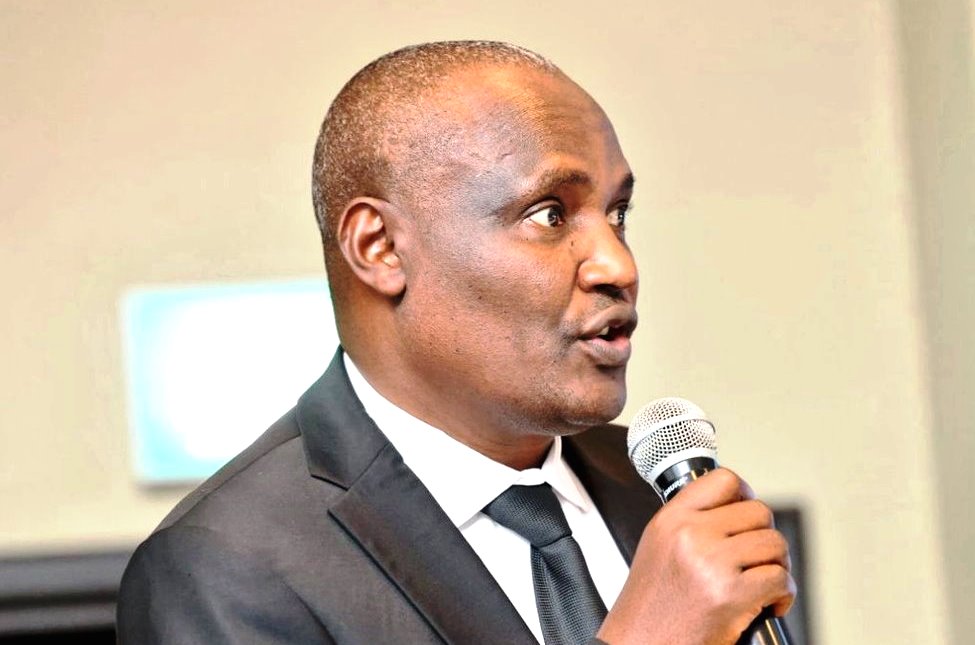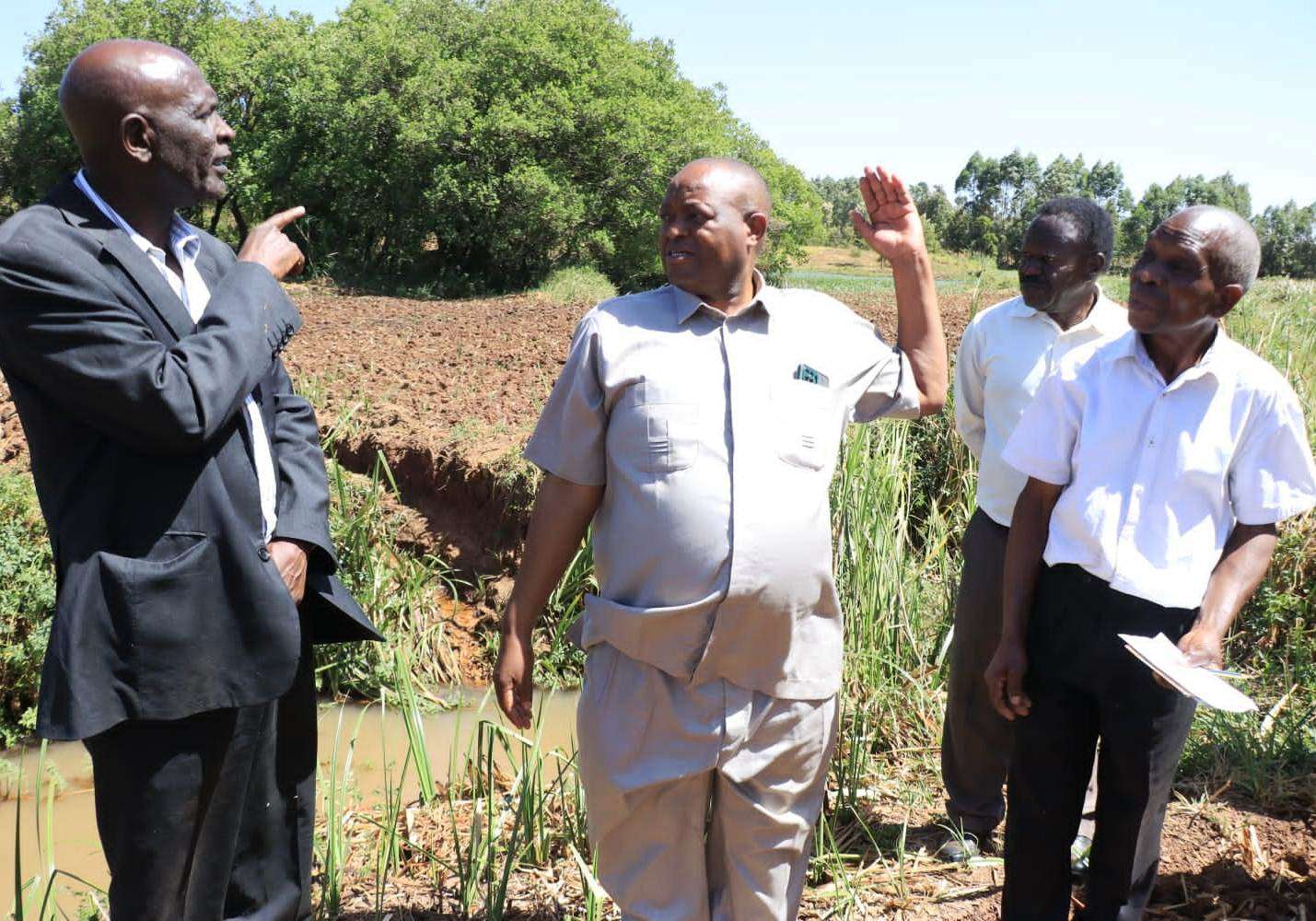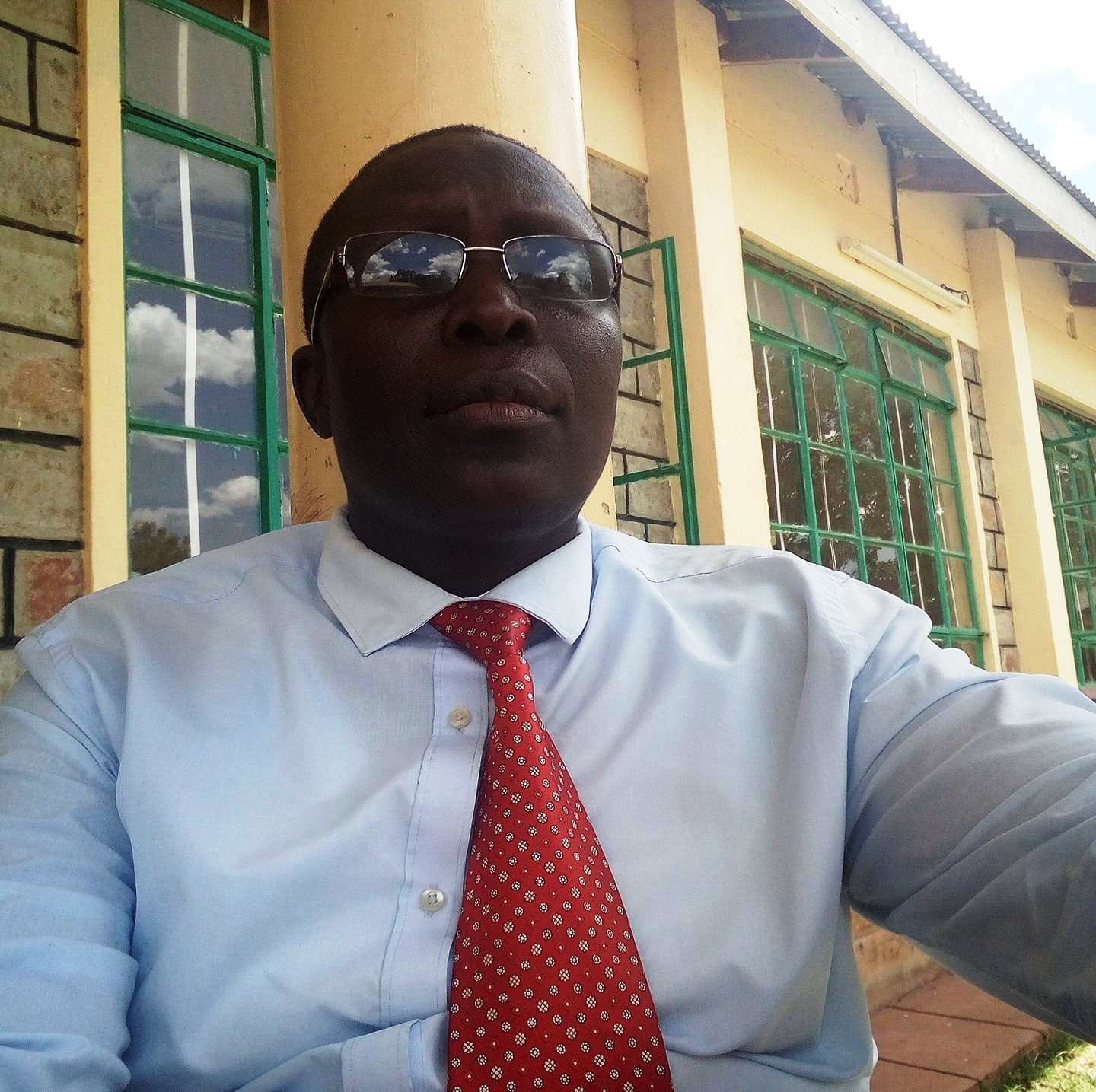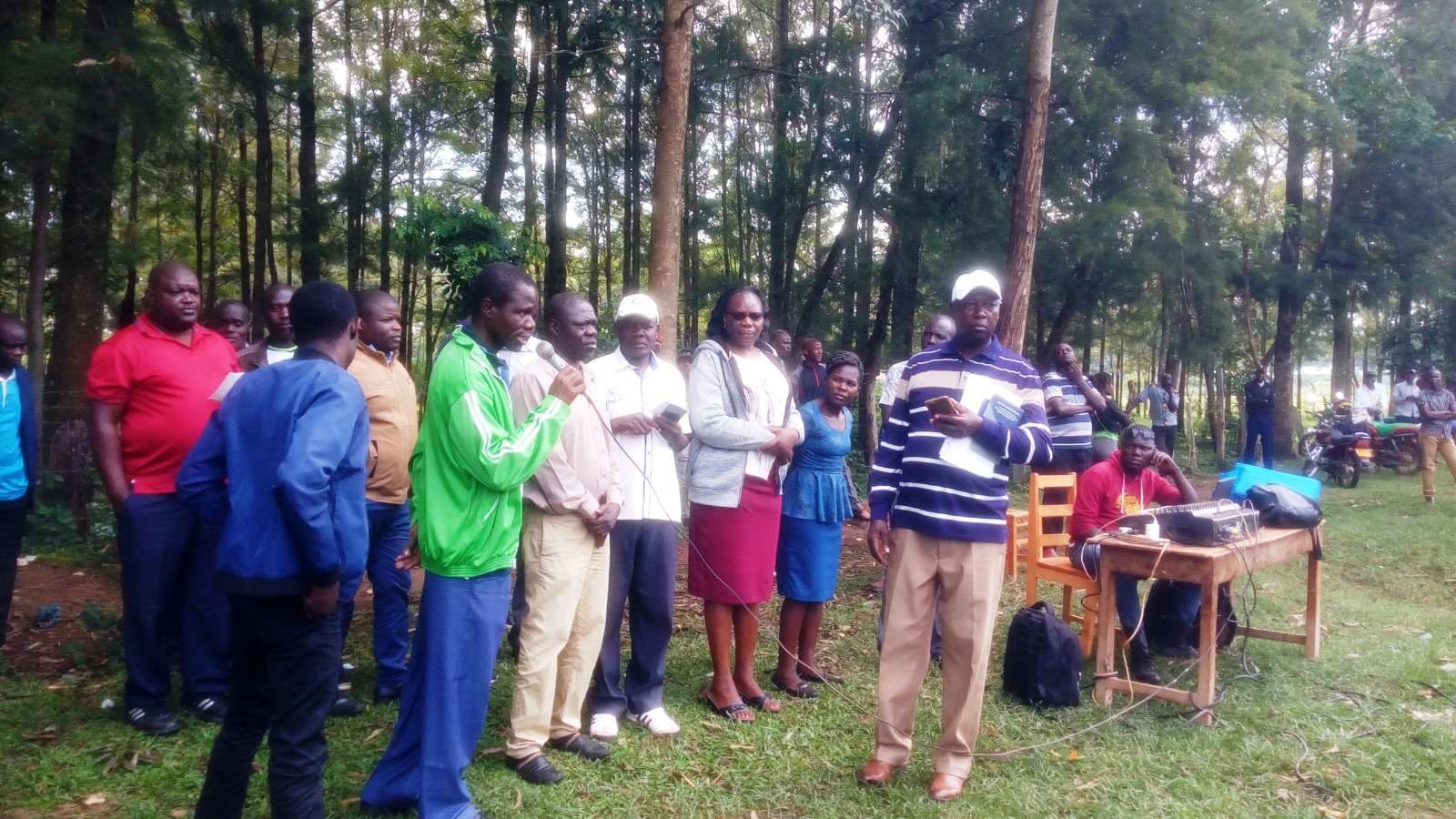KUPPET has expressed alarm that both the student capitation and the teachers’ medical capitation have not been released since September of the previous year. Moses Nthurima, KUPPET’s Deputy Secretary General, highlighted that many hospitals have been withholding services or demanding out-of-pocket payments from teachers due to these delayed payments
The education sector is once again facing a financial crisis, with teachers now demanding the immediate release of Ksh 11 billion in medical capitation funds from the National Treasury. The Kenya Union of Post-Primary Education Teachers (KUPPET) has called for the urgent disbursement of these funds to guarantee healthcare services for teachers.
The medical capitation funds for teachers are among several outstanding payments from the National Treasury. KUPPET has raised concerns over the Treasury’s failure to release at least 50% of the capitation for the Free Day Secondary Education programme. Under this initiative, the government allocates funds to schools for free primary, junior, and secondary education, with the funds typically disbursed in instalments each term.
KUPPET has expressed alarm that both the student capitation and the teachers’ medical capitation have not been released since September of the previous year. Moses Nthurima, KUPPET’s Deputy Secretary General, highlighted that many hospitals have been withholding services or demanding out-of-pocket payments from teachers due to these delayed payments.
Nthurima’s comments followed an announcement from Medical Administrators Kenya Limited (MAKL), which manages the teachers’ medical scheme. MAKL revealed that teachers can now access specialised medical services at 17 newly designated referral hospitals under the scheme, in collaboration with the Teachers Service Commission (TSC) to improve healthcare access. Despite this, teachers have continued to protest that the delays in fund disbursement have hindered their ability to receive treatment at their preferred facilities.
“The crisis lies squarely at the door of the National Treasury, which has not remitted funds to the underwriter for two quarters,” Nthurima stated, emphasising that the funds were last released in September, following the return-to-work agreement that ended a strike by the teachers’ union.
KUPPET has argued that the ongoing delays in the disbursement of medical scheme funds were a major factor behind the union’s strike, which was triggered by budget cuts to the medical scheme and the withdrawal of services by hospitals.
“Teachers’ health is paramount. Delaying their access to medical care is a violation of their right to healthcare and undermines their dignity as human beings. Teachers’ health also directly affects their productivity at work,” Nthurima said, urging the Treasury to urgently release the funds, which are a component of teachers’ salaries—having been deducted from their medical allowances before the introduction of the scheme.
Nthurima also stated that some teachers are now being denied healthcare services by selected medical facilities due to the delayed disbursement of funds. He called on accredited hospitals to maintain the quality of their services and ensure that teachers receive proper medical care despite the ongoing financial challenges.
Currently, the teachers’ medical scheme covers 146 public hospitals, 133 mission hospitals, 63 anchor clinics run by Bliss Healthcare, and 487 private hospitals under MAKL.
In December, Education Cabinet Secretary Julius Ogamba assured the public that capitation funds would be disbursed before the start of the new term in January. The government has since released Sh19 billion for school capitation, with a further Sh14 billion expected to be processed by the end of the week.
However, the Ministry of Education has cited a cash crunch within the government as the reason for the delay in disbursing these funds.
“The disbursement is ongoing in instalments due to the financial challenges being experienced by the government, but we are ensuring that the capitation is released so that schools can continue to operate,” Ogamba said.
While secondary school principals have been forced to dip into their own pockets due to the insufficient funds provided, public schools are still awaiting capitation funds for the Free Day Secondary Education programme as January comes to a close.
The Ministry of Education, while acknowledging the financial strain on learning institutions, has now shifted the blame to the National Treasury for failing to honour its obligations to release the necessary funds to schools in a timely manner.





